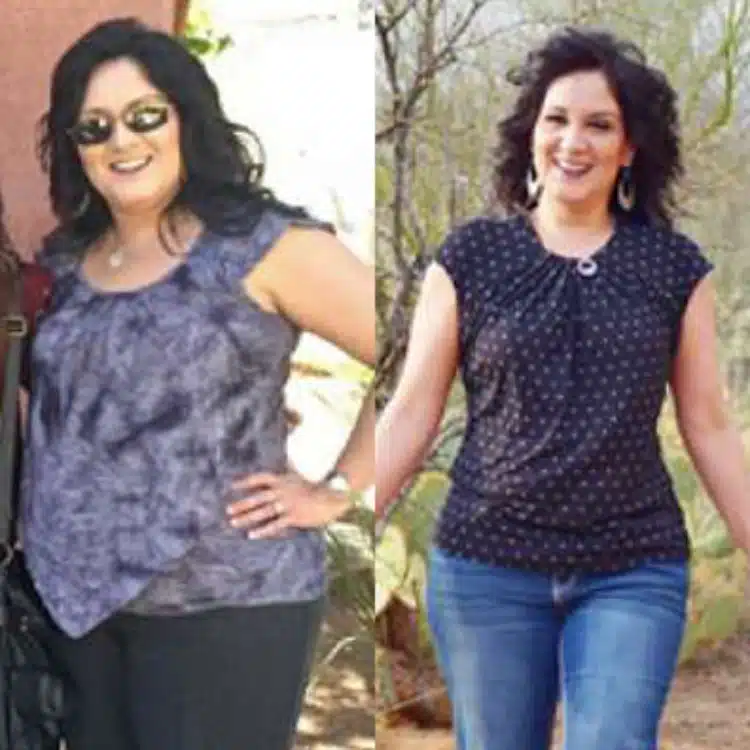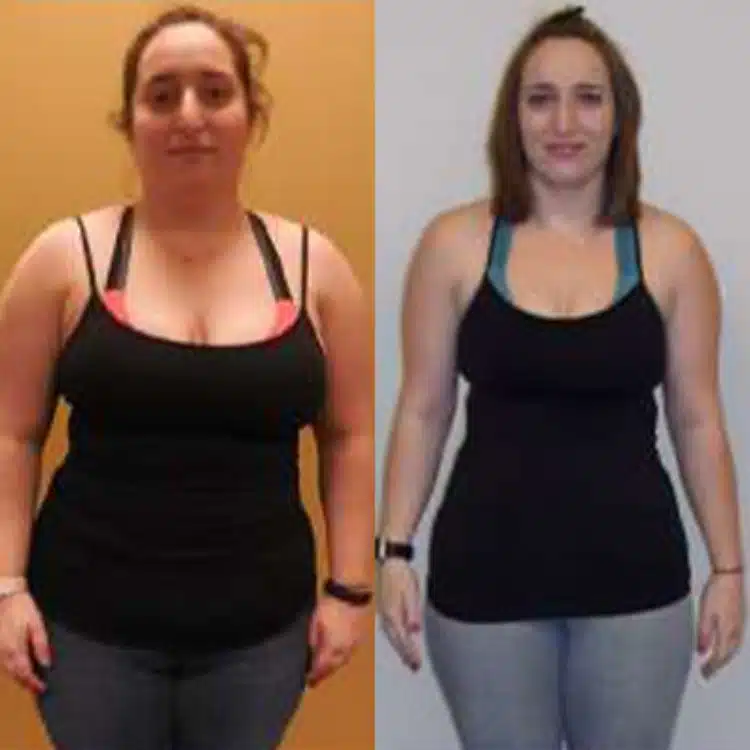Healthy eating habits aren’t about stringent dietary restrictions, depriving yourself of the foods and beverages you love, or unrealistic weight loss goals. Rather, they’re about boosting your energy, losing weight gradually if overweight or obese, and making smarter food choices most of the time.
Making the decision to change the way you eat is an important, positive first step. These practical suggestions work wonderfully for developing healthy eating habits and making progress toward your weight loss goals.
- Eat Breakfast Daily. Most experts agree that you shouldn’t skip breakfast, even if you are trying to lose weight. While it may not really be the most important meal of the day, it is important to give your body the fuel it needs and make your mind alert after a good night’s sleep.
- Drink water. Your body is composed of 50 to 70 percent water. It’s an important nutrient for proper body, organ, and cell function. The body simply cannot perform its metabolic functions optimally without a fresh supply of water every day. Make it a habit to drink eight glasses of water a day, or more if you are in a warm, humid climate, or exercising.
- Eat small meals often. The science behind this is that when we deprive ourselves of food longer than three hours, our cortisol (stress hormone) levels rise. Increased cortisol levels trigger the body to hold onto fat in the belly region. Eating smaller meals throughout the day helps to avoid overeating at meals.
- Know what constitutes healthy foods. Learning food composition and what foods are good for you is a cornerstone of developing healthy eating habits. This means knowing the approximate concentrations of calories, protein, carbohydrates, and fat content in the foods you eat. It also means understanding that eating whole, natural foods is a superior healthy eating choice to eating processed foods.
- Limit sugar. Sugar causes energy spikes, but it also causes energy crashes. What’s worse, when consumed in abundance, it can lead to health problems, like diabetes and weight gain. Make it a point to cut artificially flavored sugary drinks, like soda, out of your diet. When craving something sweet, use natural sweeteners, like honey or fruit, to satisfy your sweet tooth.
- Don’t deprive yourself. If there is one snack or treat that you can’t seem to live without, limit your portion sizes of the snack or treat, or choose a healthier version. For example, if you absolutely love ice cream, try choosing fat-free ice cream or frozen yogurt, while limiting your portion size to just a few spoonfuls.
Remember developing healthy eating habits is about eating smart. These tips will help you do just that.











